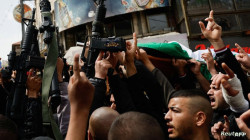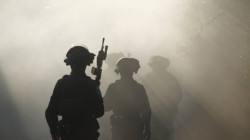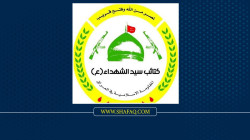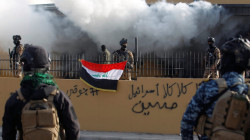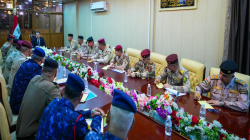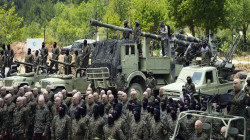Iraq mobilizes aid for Lebanon amid Israeli offensive, facing domestic criticism
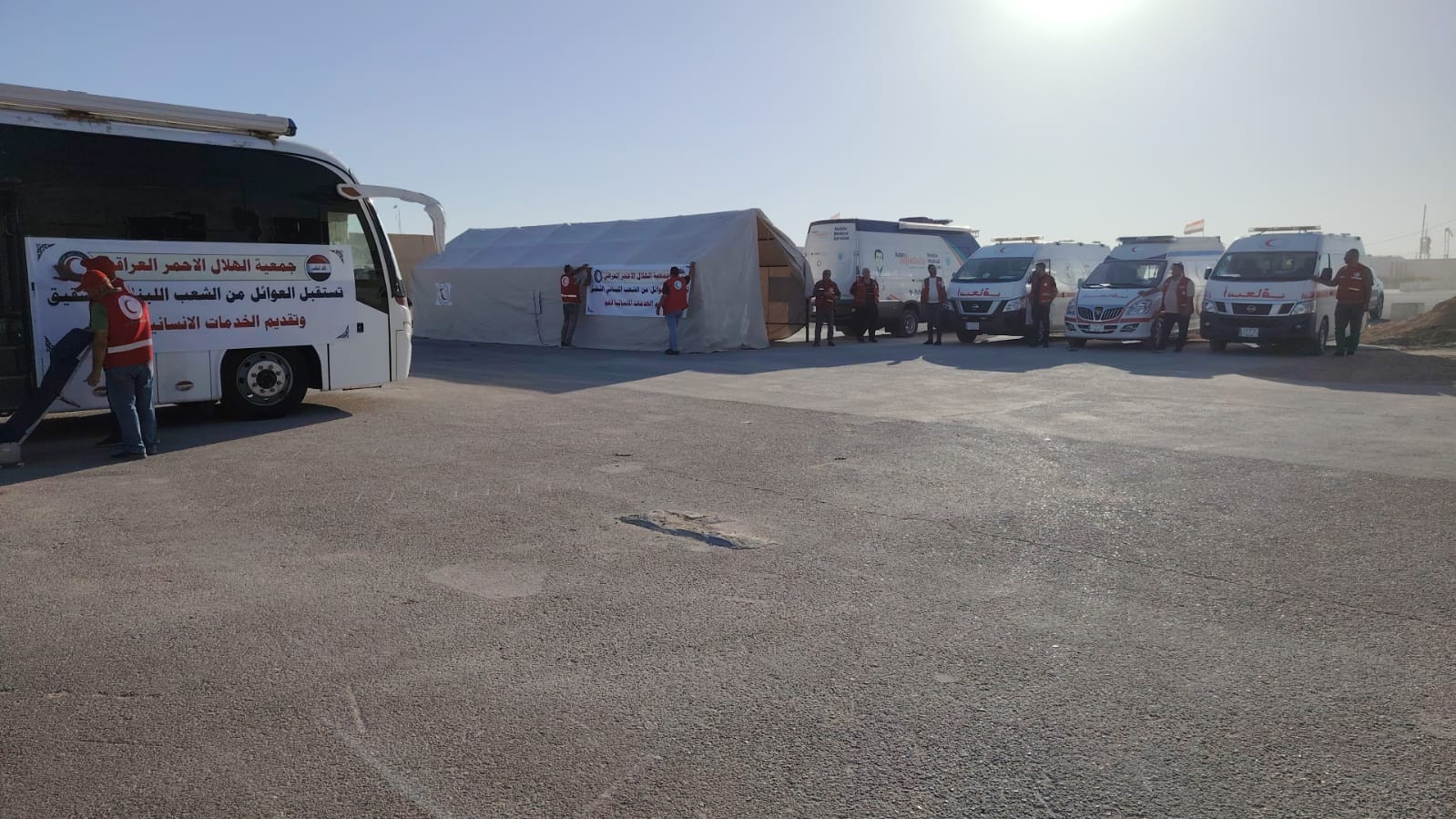
Shafaq News/ Iraq's government has mobilized efforts to provide humanitarian aid to Lebanon as Israeli strikes continue for a fifth consecutive day. Baghdad has also announced measures to ease the entry of Lebanese refugees and provide them with necessary support.
The Israeli offensive, which began on Monday, has resulted in the deaths of 726 people and injured over 2,173, according to Lebanese authorities. This brings the total death toll to 1,565 since hostilities between Israeli forces and Hezbollah erupted in October. Over 5,400 people have been injured during this period.
Lebanon's government reported that as of Thursday, the conflict has displaced over 77,100 people, adding further strain to the country’s already fragile situation.
While Iraq’s support for Lebanon has been welcomed by many, some observers accuse the government of a “double standard” in its handling of domestic issues. Critics argue that Iraq’s internally displaced persons (IDPs) continue to endure harsh conditions in camps without adequate government assistance. This has led to rising discontent over the government's priorities, with calls for greater focus on the plight of Iraq’s own displaced population.
The United Nations High Commissioner for Refugees (UNHCR) announced on Friday that more than 30,000 people, mostly Syrians, have crossed from Lebanon into Syria in the past three days, as the conflict between Israel and Lebanon intensifies.
Iraq was among the first to provide support to Lebanon following the Israeli offensive, according to Haider Majeed, spokesman for the General Secretariat of the Iraqi government.
Majeed told Shafaq News Agency that "the Iraqi government, under the direction of the Prime Minister, has mobilized all its efforts to deliver aid to Lebanon. As part of this, the Ministry of Health has sent 15 tons of medical supplies and 20 doctors with different specialties. Similar shipments have been sent by the Popular Mobilization Forces (PMF) and the Iraqi Red Crescent."
He added, "The Iraqi Air Force has carried out five air missions in direct coordination with the Joint Operations Command, delivering 75 tons of medical, therapeutic, and relief supplies. These were divided into two shipments for the Ministry of Health, three for the PMF, and one for the Red Crescent."
Majeed also noted that a call from Iraq's top religious authority, represented by Grand Ayatollah Ali al-Sistani, to assist the Lebanese people has sparked a nationwide popular effort. Religious endowments, including the holy shrines of Imam Hussein and Al-Abbas in Karbala, and Al-Kadhim in Baghdad, along with other religious institutions, have opened offices in all governorates to collect donations for Lebanon.
Iraq’s Ministry of Health has extended an invitation to its Lebanese counterpart to send wounded individuals for treatment in Iraq. According to Haider Majeed, spokesman for the General Secretariat of the Council of Ministers, the first group of Lebanese casualties was received by the Karbala-based Imam Hussein Shrine on Thursday.
In addition to providing aid, Iraq has also taken steps to ease the entry of Lebanese refugees. Majeed noted that "the government has instructed relevant authorities to exempt Lebanese nationals currently in Iraq from residency fees and fines for overstaying. Furthermore, all land and air border crossings have been directed to facilitate their entry into Iraq."
The Iraqi Red Crescent has also prepared four reception centers for Lebanese refugees at the Al-Qaim border crossing with Syria. Ghassan Thuwaini, the Red Crescent's media officer, said the centers are equipped with rest stations, four mobile hospitals, and 20 ambulances.
“These reception centers consist of tents that can accommodate up to 300 people and are designed to provide immediate services for a day or two before refugees are transported to various Iraqi provinces,” Thuwaini told Shafaq News. He added, “The Red Crescent’s role is to offer medical and emergency services at the border areas, as well as logistical support, including food, relief supplies, and other essential items for the transportation of refugees.”
Political analyst Saif al-Saadi expressed concerns about the Iraqi government's priorities. "We are not against the Lebanese people," he told Shafaq News, "but the priority should be given to the Iraqi people—our displaced and impoverished citizens. This is not only a natural obligation but also a constitutional one. The Iraqi government should first ensure housing, livelihoods, and a dignified life for the displaced Iraqis in Kurdistan, Amiriya Fallujah, and places like Jurf al-Sakhr, Yathrib, and Aziz Balad, where many remain displaced."
Al-Saadi added, "The Iraqi government's decision to prioritize the displaced from Lebanon and create favorable conditions for Lebanese workers, as noted by Labor Minister Ahmed al-Asadi, comes at a time when millions of Iraqis are unemployed and struggling to find work. Despite repeated protests calling for jobs, no substantial employment opportunities have been created for them."
He criticized what he called a "clear double standard" in the treatment of Lebanese refugees. "When people from western Iraq were displaced, the doors were closed on them at Bzebiz and Saqour checkpoints. Strict measures were imposed, and they received no assistance except from international organizations or relied on their own resources. Many were even exploited through raised housing costs."
"There is evident regional influence on Iraq's political actors in accepting a particular group aligned with a specific sect and ideology, which reflects the selective approach to governance in Iraq," he continued. "This approach contradicts Article 14 of the constitution, which guarantees equality before the law for all Iraqis, regardless of gender, social status, economic situation, religion, or sect."
The conflict in southern Lebanon escalated on Monday, September 24, when the Israeli military launched missile strikes and air raids targeting Hezbollah leaders and positions. The attacks soon expanded to residential areas, resulting in hundreds of deaths and thousands of injuries.
In response, Hezbollah carried out missile strikes against Israeli military targets. The exchange of attacks has continued for five consecutive days.
